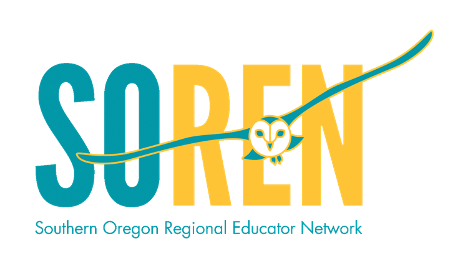Dignity and Belonging
We aim to create a dignity-affirming culture in Southern Oregon’s schools where the environment is inclusive and inviting; people can show up authentically without fear; racial diversity, ethnic heritage, culture, unique lived experiences, and multiple languages are appreciated as assets; hard truths, limiting beliefs, and harmful systems are reckoned with and revamped; and our ultimate aim is for everyone to know, feel, and confidently say, ” I am safe, I matter and I belong at school and in my community.”
We listen deeply, share stories, make room for healing (ourselves and others), connect what we have in common, and strengthen relationships across our differences so we can improve experiences and foster conditions for true belonging. We’ve witnessed the dysfunctional cycle of equity work unfold over and over – with little to no improvement over time. We believe investing time and energy cultivating a culture of dignity is the fastest and most effective way to interrupt discrepancies, disparities, and proportionality in our school systems and truly improve experiences and outcomes so more people (adults, adolescents, and children) can thrive in the school environment and beyond. Our practices are rooted in Donna Hicks’ 10 Elements for Dignity (Hicks, 2018) and Floyd Cobb and John Krownapple’s Dignity Framework (Cobb & Krownapple, 2019). We invite more openness, patience, listening, and empathy – more curiosity and less judgment – more love and less fear. The changes we seek are systemic and the equity and inclusion we seek begins in each one of us in community with others.

